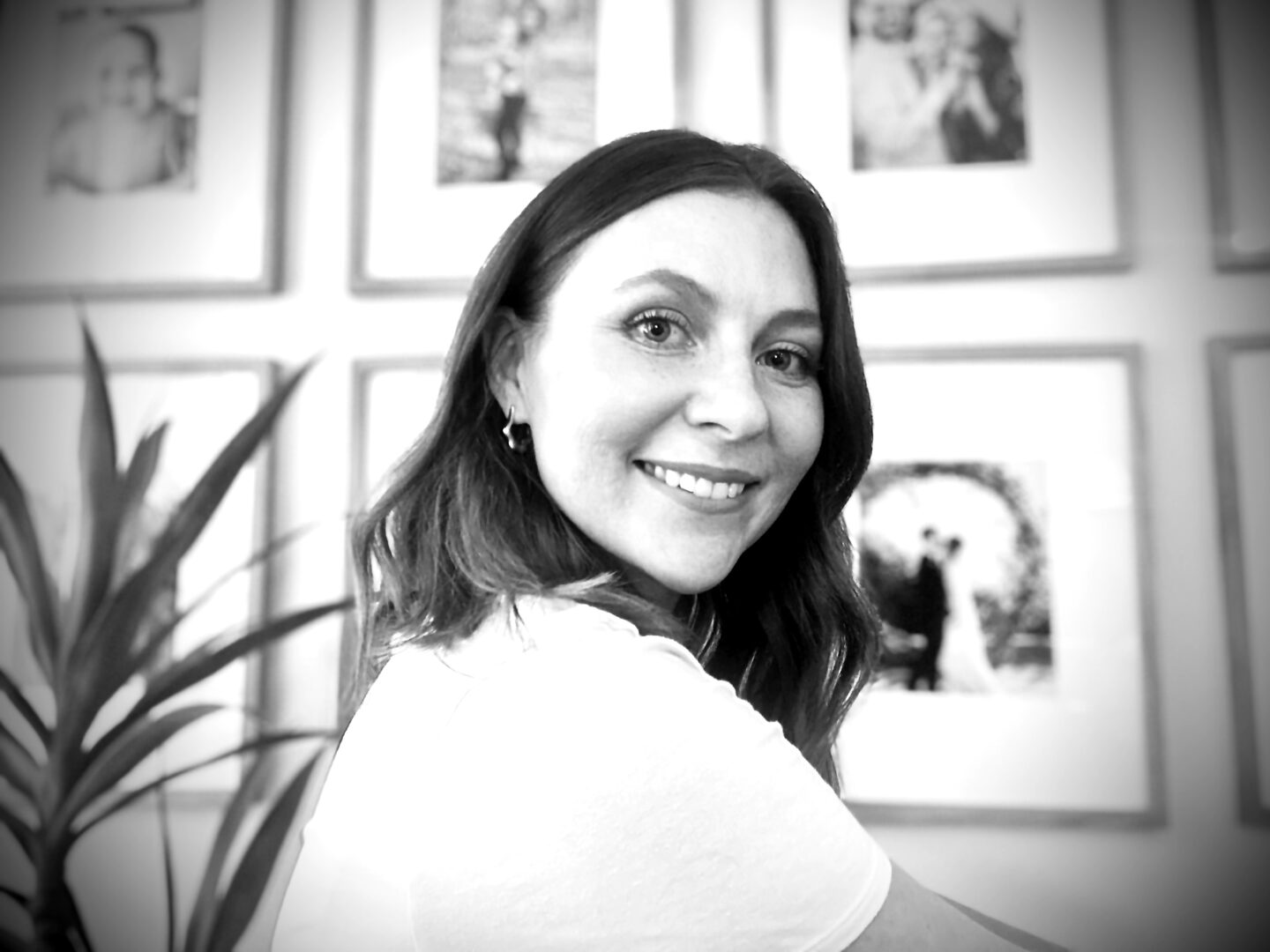We caught up with the brilliant and insightful Kyra Anastasia Kabler a few weeks ago and have shared our conversation below.
Kyra Anastasia, so great to be with you and I think a lot of folks are going to benefit from hearing your story and lessons and wisdom. Imposter Syndrome is something that we know how words to describe, but it’s something that has held people back forever and so we’re really interested to hear about your story and how you overcame imposter syndrome.
Something that actually helped a lot at first was remembering that someone else hired me, therefore it’s their fault if I’m not good enough! In all seriousness though, I think lifting eachother up at work and having a supportive, encouraging boss who lets people run with their skills and allows their talents to shine is so important. Sometimes I am given tasks that I don’t know how to do or am daunted by, but it is my job to figure it out, and it must get done eventually, so I make it work and learn new things on the job! Trusting in your skills as an artist, having faith in your ability, and having the confidence to attack the assignment will allow you to progress faster than doubting yourself and staying in your comfort zone. Asking for help and admitting when you don’t feel confident or know how to do something is an equally important skill, though. You can only fake it til you make it so far and I think that asking for support should be so much more normalized than it is.


Appreciate the insights and wisdom. Before we dig deeper and ask you about the skills that matter and more, maybe you can tell our readers about yourself?
For the last few years, I have worked as a digital matte painting artist at Lucasfilm Animation where I have gotten to be a part of shows like Star Wars: The Bad Batch, Tales of The Jedi, and Tales of The Empire. Prior to this I worked as a 2d background artist on Dolly Parton music videos and a show called Wild Life about zoo animals surviving the zombie apocalypse, and prior to that as an art coordinator. My current day-to-day includes painting or creating 3d background envionments ranging from cities to alien landscapes to planets, shot finaling, the occasional FX or lighting task, and working with the vendor studio to help direct the look of the episodes’ mattes. Outside of work I do enjoy stepping away from the computer to paint en plein air and attend figure drawing sessions! I think working with your hands and getting outside helps prevent burnout and feeds your original passion for art, all while excercising your skills.


There is so much advice out there about all the different skills and qualities folks need to develop in order to succeed in today’s highly competitive environment and often it can feel overwhelming. So, if we had to break it down to just the three that matter most, which three skills or qualities would you focus on?
1) In an era where trying to crack into the animation industry is super stressful and discouraging for many folks, my #1 advice is to not lose sight of why you love art and to not allow that love to fade, even if it’s taking time to turn into a career. If you really enjoy your craft, that means that you are going to spend loads of time creating and practicing and learning – and by doing so you are going to improve. Growing up art was my sanctuary and if I found myself out of work, I would hope to continue making art regardless of its profit because making art is a beautiful part of the human experience!
2) This is a common one, but process over product. I was really ambitious in my first year of college, having heard about all the amazing short films students make and wanting to create something big immediately. What I learned is that foundational drawing and technical skills are so important- sketching from life, practicing realism, sculpture, copying master paintings, being thourough with tutorials enough to understand what you’re doing – will make whatever larger project or portfolio piece you make down the line so much better. Practicing drawing a variety of subjects and styles will also make you versatile.
3) With animation being highly collaborative, it’s equally important that you’re enjoyable to work with! It helps a lot to be kind and outgoing when networking. Growing up I was always so shy and intimidated by my artistic idols, but again you need to step out of your comfort zone once in a while to reach out to folks. In college, I emailed a bunch of artists who worked on my favorite movies and asked them meaningful questions. I also attended events like SIGGRAPH, Lightbox, CTN, and WIA. In exchange I got portfolio reviews, mentors, and better yet, friends! You might be inclined to be all business when trying to network, however I find that people are more receptive if you put in the effort to get to know your peers and nerd out with them. One of my favorite things I did was participate in a Women in Animation mentor circle, which is a fantastic way to start networking and create a support system with fellow artists. Having recieved so much help from my own peers, I now enjoy returning the favor by chatting with students and looking through their portfolios.


Do you think it’s better to go all in on our strengths or to try to be more well-rounded by investing effort on improving areas you aren’t as strong in?
Personally, I think I land somewhere in between here. A similar common question students have is whether it’s better to be an expert at one thing or to be a jack of all trades. Having been trained as a CG generalistic in college but then focusing my time on more specific skillsets later, I am able to animate or rig or model or simulate FX on a lower level when needed. You never know when those skills could come in handy down the line. For example, I had to add a swarm of flies to add life to a shot. Having done some work with particle simulation in college, the task was easy. Another time I had to composite and animate a kaleidoscope, and having worked in After Effects previously I was able to make it work. Digital matte paintings also really benefit from 3d projection work and faking things in the comp. Being versatile will absolutely help you in your career even if you’re not a master at everything (that’s impossible anyways!). When talking about weaknesses though, you totally have to give them your time too. I’ve always been more inclined towards organic landscapes and shapes and not arcitecture, straight lines, or perspective. Once I started working those skills more, everything else got easier too! It’s definitely good to let your strong suits shine, though! Just like I said before, do what you enjoy so you don’t burn yourself out. And don’t be afraid of creating bad art, because it takes time to become “good” at something new!
Contact Info:
- Website: https://www.kyraanastasia.com
- Instagram: @art.kyra
- Linkedin: Kyra Anastasia Kabler


Image Credits
The first image is a still from Star Wars: Tales of The Empire, in which I painted the planet.
so if you or someone you know deserves recognition please let us know here.




